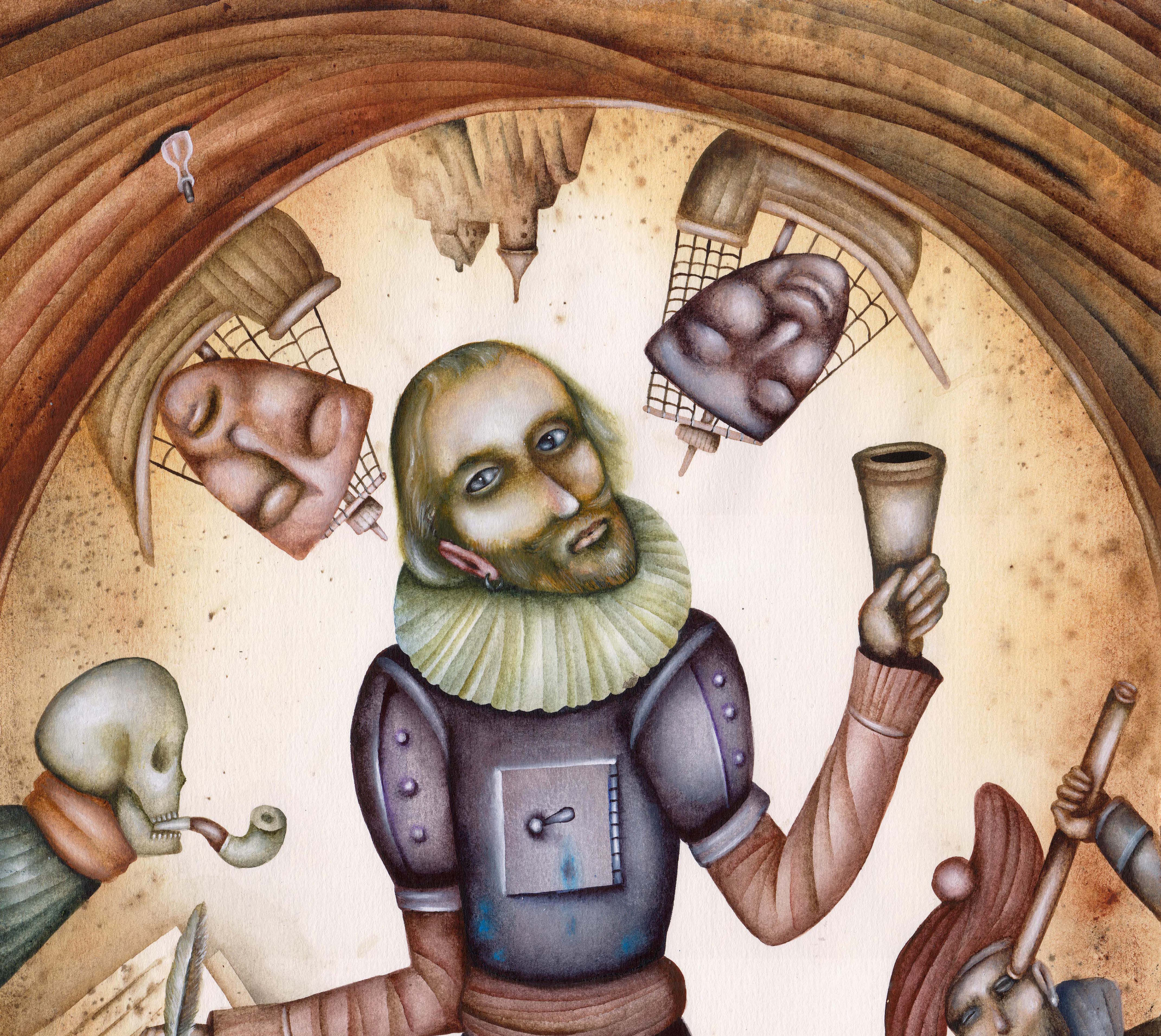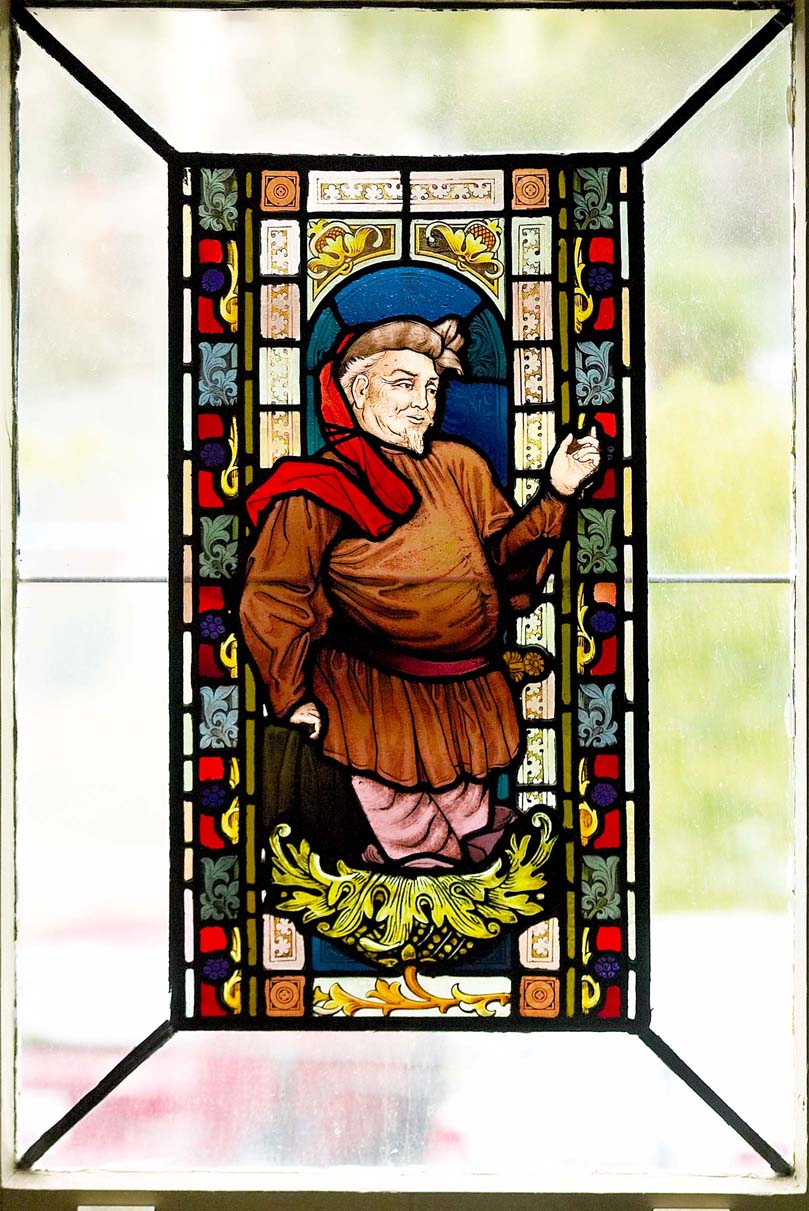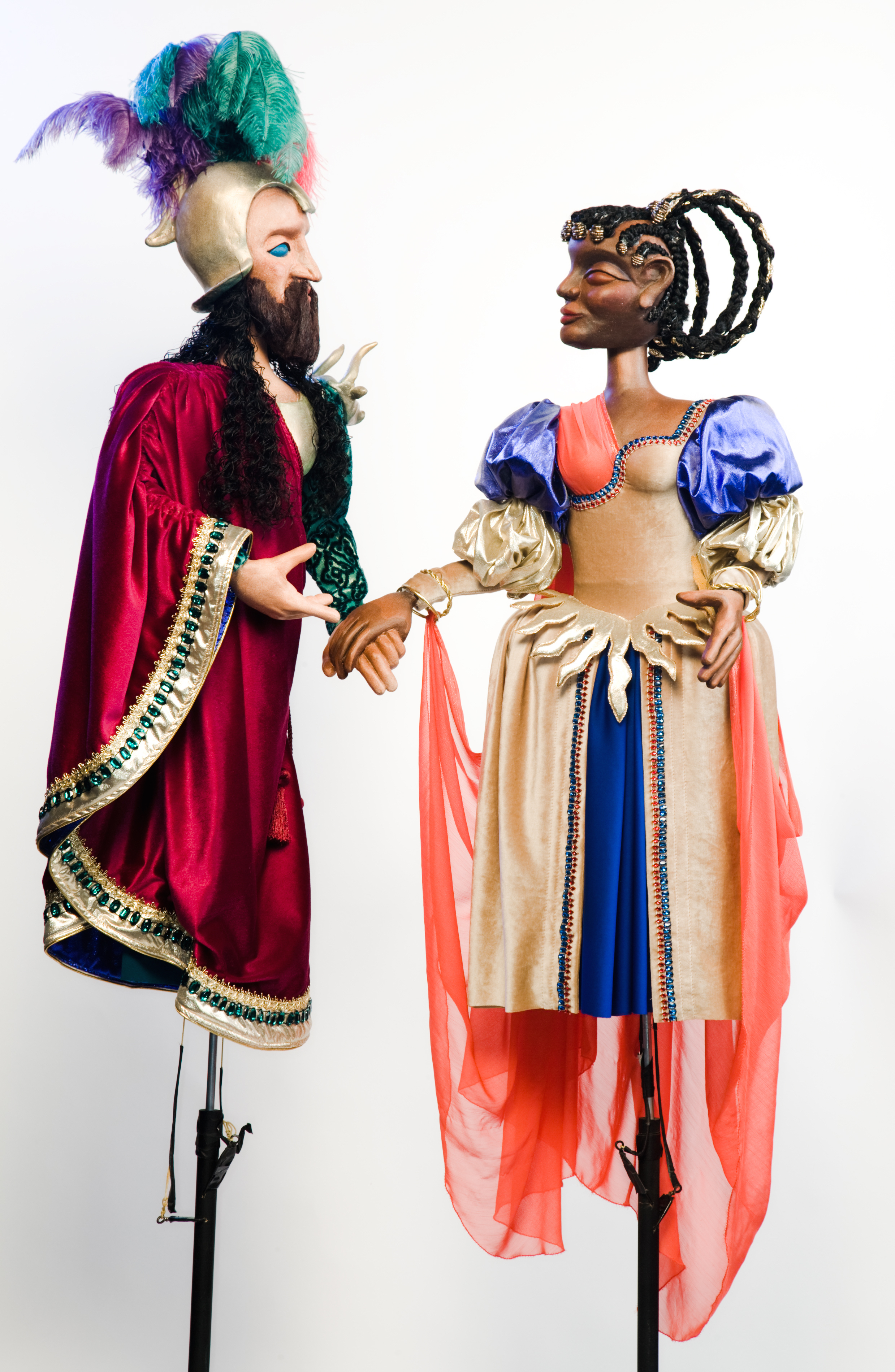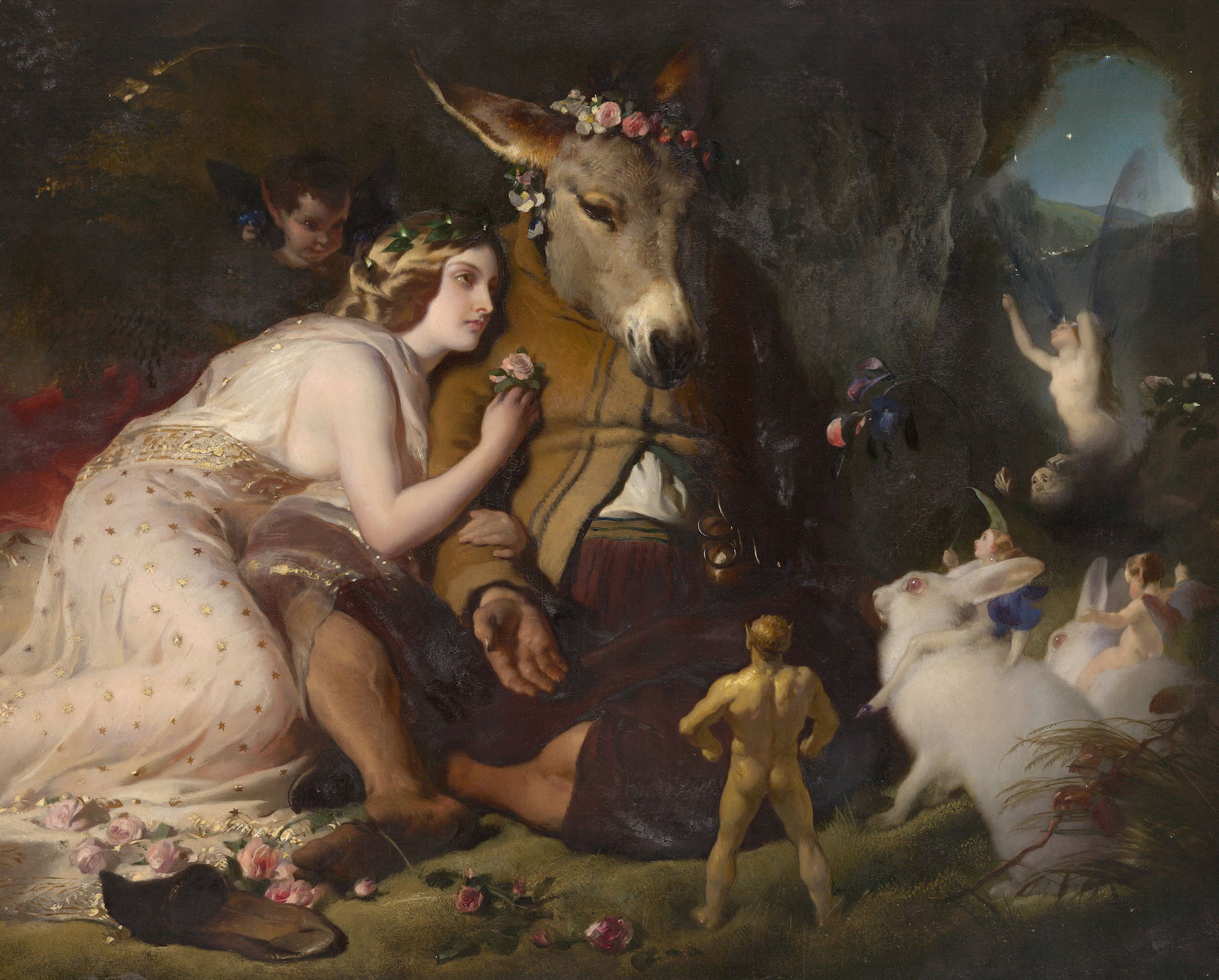
Arts & Culture
Why Shakespeare still matters

There are thousands of words, meanings and quotes attributed to Shakespeare, but the Bard didn’t necessarily invent them all
Published 2 September 2016
We’ve all seen the internet memes about “Quoting Shakespeare” that tell you if you’ve ever said “there’s method in my madness” or “the better part of valour is discretion”, you owe a debt to Shakespeare.
But did Shakespeare really invent all these words and phrases?
The short answer is no. His audiences had to understand at least the gist of what he meant, so his words were mostly in circulation already or were logical combinations of pre-existing concepts.

So why do we think Shakespeare invented so many words and phrases?
To understand this, we need to understand the history of the Oxford English Dictionary (or “OED”).
When you look up a word in the OED, it provides a definition, followed by a history of examples of the word in use. Currently there are over 33,000 quotations from Shakespeare in the dictionary! About 1500 of those are the first evidence of a word’s existence in English. About 7,500 of them are the first evidence of a particular usage or meaning.
But the OED is biased: especially in the early days, it preferred literary examples, and famous ones at that. The Complete Works of Shakespeare was frequently raided for early examples of word use, even though words or phrases might have been used earlier, by less famous or less literary people.
Let’s have a look at some Shakespearean phrases that have crept into everyday use.
1. “IT’S GREEK TO ME”
As the OED explains, “It’s Greek to me” refers to unintelligible speech or language; gibberish. The OED doesn’t hazard a guess as to when Shakespeare wrote Julius Caesar, listing it as being before 1616 (the year Shakespeare died). The current best thinking is that Julius Caesar can be dated to 1599, making it the earliest example in the OED.

Arts & Culture
Why Shakespeare still matters
In Shakespeare’s play, Casca claims not to have understood anything said by Cicero – he may as well have been speaking another language. Casca says: “Those that understood him smiled at one another and shook their heads; but, for mine own part, it was Greek to me.’’
Now, thanks to digital resources like Early English Books Online, we can search for the phrase “Greek to me” and easily find examples that predate Shakespeare.
Fellow playwright Robert Greene’s The Scottish History of James the Fourth was printed in 1598 but possibly written as early as 1590. In it, a lord asks a lady if she’ll love him, and she replies ambiguously: “I cannot hate.’’ He presses the point and asks if she’ll “wed” him, at which point she pretends not to understand him at all: “Tis Greek to me, my Lord” is her final reply.
2. “A WILD GOOSE CHASE”
We say we’ve been sent on a wild goose chase when we’ve undertaken a hopeless quest; as if trying to catch an elusive wild goose. The OED cites Shakespeare as its earliest example. In Romeo and Juliet, Romeo and Mercutio are engaged in a word game about whips and spurs, leading Mercutio to accuse Romeo’s wits of having run a wild goose chase.
I guess the meaning could be self-evident, but a few years earlier in 1593, the English poet Gervase Markham published a book about horsemanship that uses the phrase “wild goose chase” at least six times. In this context it is clear that at some point, people understood the “wild goose chase” to be a complicated type of horse riding challenge or competition – another kind of difficult quest or task.
3. “EATEN OUT OF HOUSE AND HOME”

In 2 Henry IV, Falstaff takes advantage of the hostess’s hospitality at the tavern in Eastcheap. The poor widow detains him in a bid to extract payment, and is interrupted by the Lord Chief Justice, who asks her how much Falstaff owes. The Hostess replies that it is more than a simple sum; Falstaff has taken everything she owns! “He hath eaten me out of house and home,’’ she cries.
Shakespeare’s play was written in the late 1590s, but again, a quick search in EEBO shows a much earlier example from 1578. In a lengthy text about the sin of usury, Philip Caesar observes that some rich men, when they “are eaten out of house and home, they devour their father”.
Here’s a slightly different example:
4. “WITHOUT RHYME OR REASON”
If something happens “without rhyme or reason”, people are said to be quoting Shakespeare’s As You Like It, when Rosalind asks Orlando whether he is as head-over-heels in love as his rhymes suggest, and Orlando replies “Neither rhyme nor reason can express how much”.
This time, the OED traces the phrase back to the 1400s – centuries before Shakespeare. So why do we think it’s Shakespeare’s coinage?
Probably because, as happens so frequently, Shakespeare isn’t the first to think of something, but he presents it in such a clever or memorable way, that it becomes firmly associated with his version.
Sometimes though, Shakespeare’s words are memorable and original:
5. “THE BETTER PART OF VALOUR IS DISCRETION”
Towards the end of 1 Henry IV, Falstaff avoids being killed in battle by pretending he’s already dead. Once the battle passes, he informs the audience that his seeming cowardice was actually tactical valour…!
To say that discretion is the better part of valour is somewhat proverbial: one should know when to be cautious and when to be bold.
But Shakespeare’s phrasing is concise and catchy, and more than that, the situation in which it’s presented is humorous and memorable, with a larger than life character like Falstaff.
So this is a great example of Shakespeare’s talent in creating well-rounded individuals with rich personalities; a phrase like this isn’t noteworthy for obscure words but is a clever concept suited to the character’s traits.
6. “TO DREAM AWAY”

To dream the day away on an idyllic beach somewhere is a familiar catch-cry of tourism brochures. It means to spend or waste time in dreaming, but also to make time pass more quickly by doing so.
In A Midsummer Night’s Dream, the Amazon queen Hippolyta uses the phrase to describe how quickly time is passing in the lead-up to her marriage to Theseus:
Four days will quickly steep themselves in nights, Four nights will quickly dream away the time, And then the moon, like to a silver bow, Now bent in heaven, shall behold the night Of our solemnities…
Again, there’s nothing earth-shatteringly original about either word “dream” or “away”, but the poetic conjunction of the two is apparently Shakespeare’s gift.
7. “ALL FOR ONE AND ONE FOR ALL”
Most people hearing this phrase would think of The Three Musketeers (1844) – “All for one, one for all – that is our motto”, as d’Artagnan says.
The idea is much older than the Musketeers, and in its Latin form (unus pro omnibus, omnes pro uno) is even older still, presumably.
But one of the earliest uses in English does actually come from Shakespeare’s narrative poem, The Rape of Lucrece (1594):
The aim of all is but to nurse the life With honor, wealth, and ease in waning age; And in this aim there is such thwarting strife That one for all, or all for one we gage: As life for honor in fell battle’s rage, Honor for wealth; and oft that wealth doth cost The death of all, and all together lost.

8. “TO MAKE AN ASS OF ONESELF”
To describe behaving stupidly and embarrassing yourself as “making an ass of yourself” seems like a very contemporary expression, but Shakespeare seems to have genuinely invented both the easy-to-quote phrase and a very memorable situation. In A Midsummer Night’s Dream, Bottom the Weaver is magically turned into an ass. Other characters remark upon Bottom’s transformation, but he thinks they’re just mocking him: “This is to make an ass of me, to fright me, if they could.”
AND SUMMING UP ...
So, did Shakespeare really invent all those words?
No, not really. He invented some; more usually he came up with the most memorable combinations or uses; and frequently we can find earlier uses that the Oxford English Dictionary simply hasn’t cited yet.
Shakespeare’s talent lies in his insights into human nature, his ability to tell great tales, his creation of wonderful characters – not just in any ability he may or may not have to coin new words.
So if you want to tell someone they’re quoting Shakespeare, go ahead – just don’t make an ass out of yourself.
Banner Image: Shutterstock